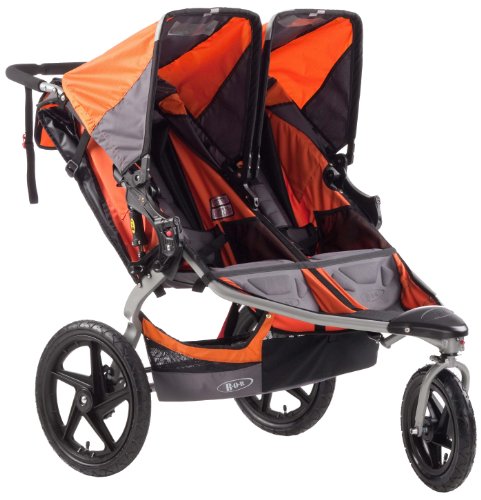Our understanding of baby psychology and parent psychology is superficial. Much accepted knowledge is based upon erroneous theories and ideas. Baby psychology and parent psychology are interconnected and affect one another. To properly understand a baby, it is important to understand common negative family dynamics, and serious disorders and dysfunctional behavior patterns that are present in the lives of most people. These factors influence exchanges, agreements, and reactions that occur subconsciously between baby and parents.
Before birth and during infancy (until a child acquires social language skills) baby and parent communications take place naturally and primarily as subconscious communications. When parents are extremely selfish and negative, it creates a distressing and painful mental and emotional experience for a vulnerable and sensitive unborn baby or infant.
Q: You say that tiny babies in the womb (as young as a six-months old) have psychological abilities as developed as an infant. How could that be?
A: I suggest that you Google "prenatal psychology article" and explore some of the information that medical researchers have been gathering worldwide on this subject during the past 50 years. Babies in the womb are aware and psychologically sophisticated beings; the reason most people are ignorant of this confirmed fact has a lot to do with politics in the medical establishment and the abortion issue.
Q: Why don't you stress the physical and environmental perils that unborn babies are exposed to while inside the womb?
A: Our emphasis is kept primarily on exposing the mental and emotional perils and pain that unborn babies regularly suffer due to the their selfish parents' unloving psychological energies, especially the negative intentions, attitudes, thoughts, and feelings they are suppressing or repressing. The physical and environmental perils have been widely documented and most people are aware of them. The psychological perils, pain, and long-term potential negative ramifications for a baby in most cases are actually more damaging and this information at this point in time is virtually unknown.
Q: Aren't you being unrealistic asking expectant parents not to be selfish and not to suppress their negative thoughts and feelings?
A: Expectant parents who refuse to do that are guaranteeing that their unborn babies will experience consistent trauma and likely develop destructive behavior patterns and reactions during the pregnancy. Incidentally, another way of looking at this is we cannot be loving and selfish at the same time.
Q: Knowing what you know, are you against a woman's right to abort a baby?
A: I would urge any pregnant parents to avoid the choice to abort a baby for two reasons. The first is that they would be killing a sentient, developing human being. The second is that the choice will come with ongoing negative (probably mainly subconscious but real) psychological consequences for both parents supporting that choice.
Q: If you had to advise parents what they should do to help their babies, what would you say?
A: Love them. Protect them. Nurture them. Be willing to truly give to them, that is, to give without any "getting strings" attached. Always act rightly in relation to them. If you are a typical selfish person that will invariably translate into changing yourself in truly loving ways.
Good Bargain Stationary Bike Last Minute Tiller Roto Wholesale Best Chainsaws On The Market









